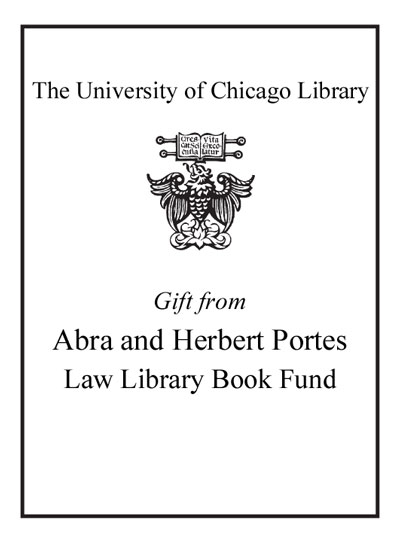Human rights in the United States : beyond exceptionalism /
Saved in:
| Imprint: | Cambridge ; New York : Cambridge University Press, c2011. |
|---|---|
| Description: | xxvi, 366 p. ; 23 cm. |
| Language: | English |
| Subject: | |
| Format: | Print Book |
| URL for this record: | http://pi.lib.uchicago.edu/1001/cat/bib/8389878 |
Table of Contents:
- Foreword: are Americans human? Reflections on the future of progressive politics in the United States
- 1. Paradoxes and possibilities: domestic human rights policy in context
- Part I. Structuring Debates, Institutionalizing Rights
- 2. The yellow sweatshirt: human dignity and economic human rights in advanced industrialized democracies
- 3. The welfare state: a battleground for human rights
- 4. Drawing lines in the sand: building economic and social rights in the United States
- 5. State and local commissions as sites for domestic human rights implementation
- Part II. Challenging Public/Private Divides
- 6. The curious resistance to seeing domestic violence as a human rights violation in the United States
- 7. At the crossroads: children's rights and the U.S. government
- 8. Entrenched inequity: healthcare in the United States
- 9. Business and human rights: a new approach to advancing environmental justice in the United States
- Part III. From the Margins to the Center: Making Harms Visible through Human Rights Framing
- 10. The law and politics of U.S. participation in the UN convention on the rights of persons with disabilities
- 11. The anomaly of citizenship for indigenous rights
- 12. Human rights violations as obstacles to escaping poverty: the case of lone mother-headed families
- 13. The human rights of children in conflict with the law: lessons for the U.S. human rights movement
- 14. LGBT rights as human rights in the United States: opportunities lost
- 15. No shelter: disaster politics in Louisiana and the struggle for human rights


